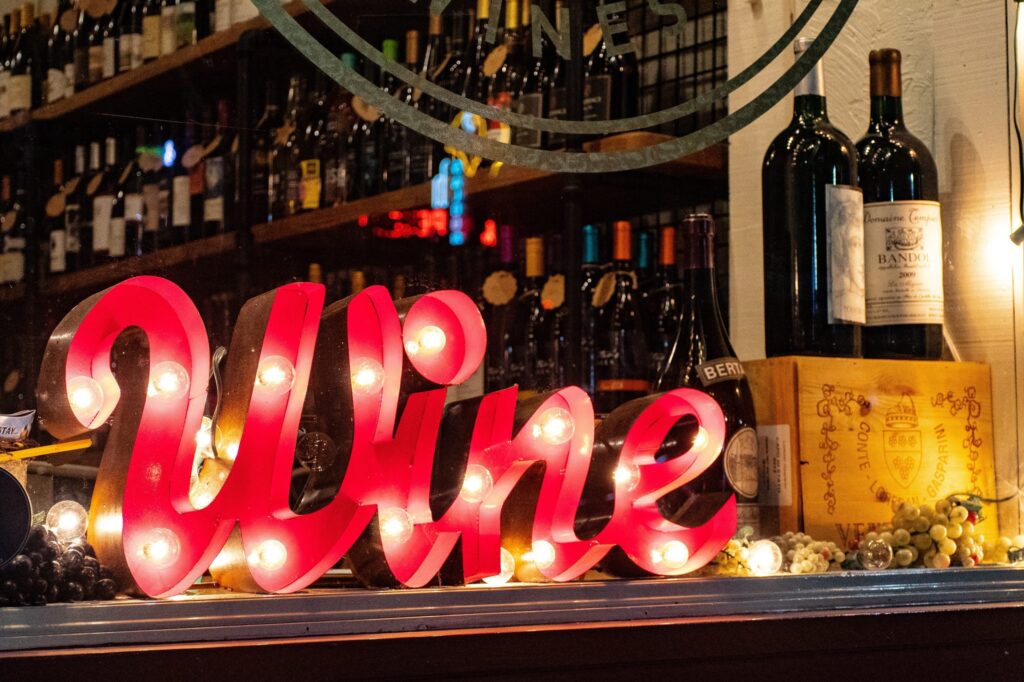The City of Chicago has a storied history when it comes to the consumption and sale of alcoholic beverages. While the popular imagination tends to focus on the city’s tumultuous prohibition era, there are visible remnants of this past today in Chicago’s unique approach to letting diners have a drink with dinner.
Chicago embraces the idea of BYOB, or “bring your own bottle/beer.” The City has almost 6000 restaurants that allow their customers to bring their favorite wine or beer in with them to drink while they dine, openly and legally. This practice is popular with customers and restaurants alike, as it offers a range of benefits from licensing requirements to cost. Of course, there are a few caveats that diners should keep in mind while indulging. Despite being a BYOB-friendly city, Chicago does have rules that attempt to keep the practice within acceptable bounds.
Why Customers Like BYOB
There are distinct advantages to a BYOB policy. The top three include no required licensing, more choice, and a significantly reduced cost.
No Need for a Liquor License – Under municipal law, restaurants do not need to have a liquor license in order to allow customers to bring in their own beer or wine. This encourages restaurants that tend to be smaller, family-owned businesses which cater to local clientele to be open to BYOB. By allowing customers to bring in their drinks, restaurants can create a friendly, inviting atmosphere. Customers like the BYOB concept because it allows them to enjoy their favorite beverage even in restaurants that do not sell liquor.
Variety – When customers are allowed to bring in their own bottles, they are not stuck with the “house” red or white. With BYOB, customers can bring in beverages that most restaurants wouldn’t ordinarily offer, such as a favorite craft beer or a wine brought back from a trip overseas.
Cost – One of the most expensive parts of dining out is the cost of alcohol. This is another reason BYOB is so popular. That $49 bottle of wine at a fancy restaurant can probably be purchased at the local liquor store for less than $15 dollars. With no mark-up, the cost savings can be significant.
Know Before You Go
Although a large number of restaurants in Chicago embrace BYOB, there are some restaurants that are less enthusiastic about the practice. Before you head out to dine with your favorite wine in hand, be sure you know how your BYOB will be received by your chosen restaurant. Some restaurants in Chicago have a liquor license and prefer to sell their own liquor. They may try to discourage or at least profit off of customers who want to BYOB by charging a corkage fee.
A corkage fee is where restaurants charge customers for bringing in their own wine or liquor. Technically, the fee covers the cost of glasses and service of a BYOB bottle. Sources say that these fees can run anywhere from $5 to over $100 and are entirely up to the establishment to determine. The corkage fee is a way to let the restaurant make money even if the customer isn’t buying alcohol.
Any restaurant can refuse to allow BYOB altogether, while some with liquor licenses will only allow BYOB if it is a brand or label, they do not stock. If a restaurant has no liquor license, they are not supposed to charge a corkage fee. Some still do, of course. The general counsel for the Chicago Department of Business Affairs and Licensing/Local Liquor Control Commission stated that restaurants which charge a corkage fee for BYOB and then serve drinks to customers run the risk of being fined for serving alcohol without a license.
BYOB Rules in Chicago
Along with the benefits, there are a few BYOB rules to keep in mind. For example, restaurants that do not have a current a liquor license are prohibited from having anything to do with the BYOB bottle. According to municipal code, no one in the restaurant can handle the bottle(s) a customer brings in. This includes opening and serving the beverage to the customer.
Likewise, the restaurant cannot keep a BYOB bottle chilled, or, in the case of Sake, warm it up. In fact, they cannot keep the empty bottle or even throw it away. The customer must bring their own opener and be prepared to carry the bottle out with them when they leave. The only thing a restaurant can provide are the glasses and perhaps some ice.
Restaurants are also responsible for making sure that no minors consume alcohol while on the premises. There are implications for allowing customers to consume too much, as well, so many wisely limit the amount a customer is allowed to consume and remove those who overdo it.
These responsibilities make it critical for BYOB restaurants to protect themselves by purchasing liquor liability insurance. Even though they are not required to have a liquor license, BYOB restaurants could be held responsible for accidents or incidents that happen as a direct result of intoxicated customers.
Finally, it is important to note that BYOB is not permitted in sidewalk cafes. Sidewalk cafes are different from other restaurants because they conduct at least part of their business on public property, rather than the privately-owned property on which most restaurants are situated. Because they are considered to be doing business on public property, sidewalk cafes need special permits for the sale and consumption of alcoholic beverages.



